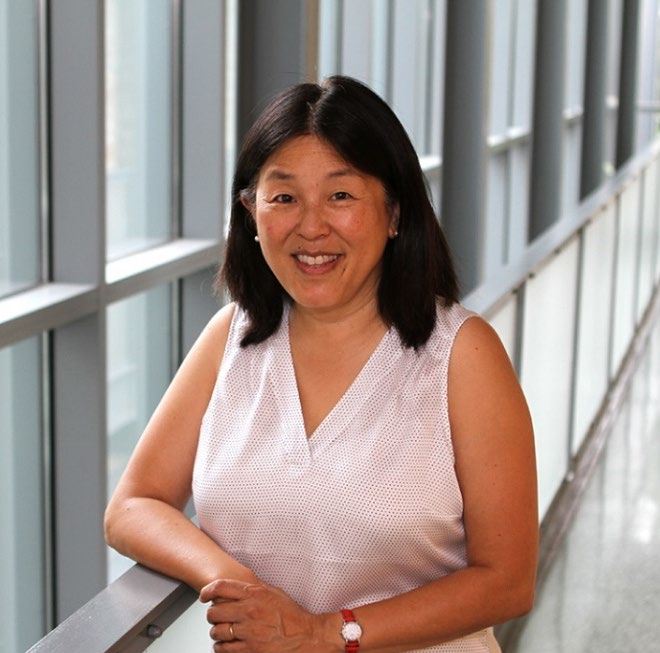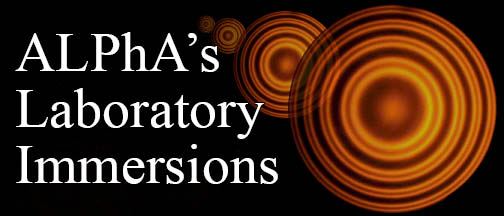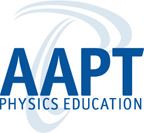- Home
- What We Do
- Laboratory Immersions
- Immersions 2024
- Imm2024LoyolaMaryland_PhysicsMedicine
Loyola University Maryland, Baltimore MD
The Physics of Medicine and the Human Body
June 10, 2024 to June 12, 2024
Number of setups
available: N/A
Maximum number of participants: 4
------------------------------------------------------------------------------------------------------------------------------------------
Physics has transformed modern medicine through the development of diagnostic and therapeutic techniques and has enabled a deeper appreciation of the human body. In this Immersion, participants will learn about various types of apparatus for teaching the physics of medicine and the human body. The material targets students ranging from those who have had 1-2 semesters of introductory physics to advanced physics majors. Participants will have a choice of which setups to study.
At Loyola University Maryland, we have developed two courses on the physics of medicine as part of a biomedical physics minor: one on diagnostic and therapeutic techniques in medicine, and the other on sport and biomechanics. We have also incorporated related activities into advanced labs. In the process, our students have worked with a variety of apparatus and activities, and we have developed student and instructor guides and lecture notes on how to cover the material. While some of the material was developed in-house, I have incorporated many efforts from other people into my teaching. In this Immersion, I will show the work of myself and other people in a form that I have found to be useful.
List of possible experiments and activities
This is a list of what could be covered in this Immersion. You can also look at a presentation with pictures of most of the activities (www.loyola.edu/academics/physics/faculty-staff, scroll down to my name and click on link). If you are interested in this Immersion, would you please contact me at mlowe@loyola.edu as soon as possible to discuss which activities you would like to cover.
Diagnostic and therapeutic techniques
Nuclear medicine
Gamma camera imaging: collimator and detection system. Multiple levels. AJP article.
Positron emission tomography (PET), intermediate level – paper and pencil activities, computer simulations, time-of-flight
Intermediate level apparatus. Documents on MedEdPortal.
Advanced lab covering acceptance angle and coupling
Ultrasound imaging
Intermediate level: paper-and-pencil activity, animations
Advanced lab to acquire signal and construct image
Magnetic resonance imaging (MRI), intro and intermediate level
Computed tomography
Intermediate level: paper and pencil activities, computer simulations
Lab apparatus, intermediate level
Biomechanics
Dissection of a chicken quarter to understand the parts of the body that enable it to move, any level.
Apparatus of the arm, particularly the biceps and triceps, intro and interm. level
Apparatus of the gastrocnemius muscle and foot, intro and interm. level
umping on a force plate, interm. level
Video analysis of sports motions, intro and interm. level
Spreadsheet exercises on linear kinematics where real data of human motion is analyzed, intro and interm. level
Computer modeling to determine the optimum release angle of a shot put, interm. and advanced level
Fluid dynamics: IV bag and needle, intermediate level
Heart as a pump – intro and intermediate level
Other
Aerobic metabolism – intermediate level
Optics of the eye – intro and intermediate level
Spectroscopy associated with the pulse oximeter – intermediate level
Pressure in the lungs and alveoli – intro and intermediate level
Brownian motion – intermediate and advanced level
There may be other activities that have been classroom-tested only one time. Please inquire and I will tell you if I have teaching materials.
Equipment and supplies that should be brought to the program by the participants: All items for the Immersion are available at Loyola. Internet access will be available.
Safety considerations: If using a laser, the beam should not be aimed at the eyes. Be careful with reflections.
Cost estimate: The cost of each setup starts at $100 and goes up to several thousand. In a number of cases, the equipment is generally useful for a variety of labs. The costs of oscilloscopes, power supplies, software licenses, microscope, camera, and custom products are not included in the estimate.

Host and Mentor:
Please note that the Jonathan F. Reichert Foundation has established a grant program
to help purchase apparatus used in Laboratory Immersions. Limitations
and exclusions apply, but generally speaking the Foundation may support
up to 50% of the cost of the required equipment.





